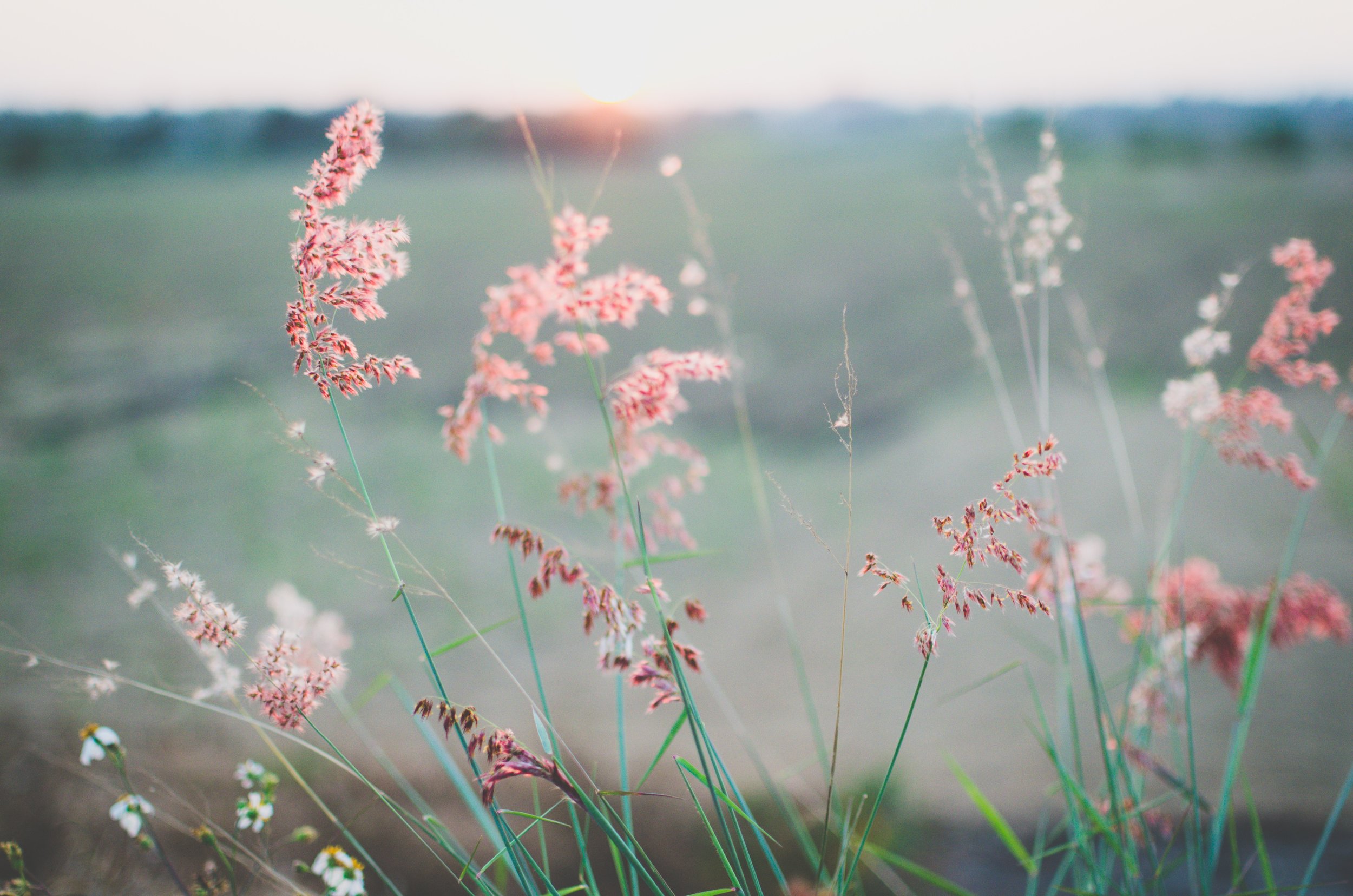On Having a Multi-ethnic/Multi-racial Identity
**GUEST WRITER! Today’s post is written by my oldest son, Jonathan. He graduated last year from Cornell and originally wrote this post over on Facebook. I’ve since shared his thoughts with many who identify as mixed race. I hope his experiences and words help you better understand the changing landscape of our country as it relates to the growing multi-ethnic population. Feel free to leave him your thoughts in the comment section and share his post if you find it helpful.**
Apparently the last couple months of my undergraduate career have turned into a critically introspective, nostalgia-driven time of reflection. I’ve had a bit of time over the past couple of weeks to reflect on multiracial/multiethnic identity as well as its intersection with faith. Thoughts have been floating around my head for a while, and I thought it was about time to put at least some of them into words. Somehow this turned into a short essay, so a wall of (hopefully-not-too-rambly) text lies ahead.
“So you’re Chinese?”
“Well, only half, but…”
“Oh, you’re Japanese!”
“Well, not exactly. See…”
“Isn’t that just the name of citizens of the state?”
“Well, there was this kingdom of people that existed before beforehand, but….”
“But like, how are you part white?”
“Well, there were these explorers…”
“So what languages do you speak?”
“Other than English? Spanish, so…”
Growing up mixed race can be confusing. I’m fortunate that a majority of my experiences have been more comical and puzzling rather than hurtful and offensive. Not fitting into someone’s box can be fun, and having people guess your ethnic makeup is always interesting. (I wish I had a running list of various guesses.) When it comes to figuring out who I am, however, I often find myself wrestling through a myriad of questions.
There’s a sense of a sort of impostor syndrome, in which identifying with a specific part of me feels disingenuous. “I’m not ______ enough.” As someone who loves languages, I’ve done some basic exploration into the various tongues associated with my backgrounds. I grew up speaking only English, though, so it feels a bit off. I utter a ni hao with far too little intonation. A hasty ganjuu yami seemi is unfamiliar in my mouth. I say aloha with fronted vowels and como estás as if it were Spanish.
I don’t really feel like I can place myself into these cultures as I please. There’s so much more to them than their languages. And yet, all of these cultures are still inextricably linked to me. I can’t seem to disconnect myself from each piece, no matter how far removed they may be. They have all played a role, small or large, in my upbringing and in how I see or experience things. Things have been passed down through generations, whether more abstract (like values) or more tangible (like appearance).
So if I can’t remove myself from each of them nor fully embrace them individually, where does that leave me?
Somewhere else I look to for answers in my identity is my faith. Who does God say I am? We are called His poeima, His handiwork, but what does that mean? By no means do I think this erases these distinctions. Yes, there is unity that transcends these differences as we are “neither Jew nor Gentile…,” but we can’t just act as if race and ethnicity don’t exist. I think it goes even further beyond acknowledging these differences exist. There is actually a sense of strength and purpose in this identity. If my ultimate identity lies in being an image-bearer of my creator, I can celebrate who I am in that – all parts of it.
There is a certain kind of flexibility in being able to move between different contexts that I’ve experienced my whole life. I may not feel like I fit in to homogeneous communities, but in a group with a mixture of people from numerous countries, cultures, and experiences, I feel right at home. There are more positives to this that I hadn’t really thought of before, and it’s been so helpful to have conversations with friends about their own cultural and ethnic backgrounds, whether mixed or otherwise.
Now I feel more of a sense of pride. Not in a sense of superiority, and I certainly don’t derive my whole identity from my ethnicity, but I am now able to see who I am – every part of me – as a gift rather than a burden. There’s still so much more to be learned and I’m still figuring out what it means to interact with the world in light of all of this, but at the very least I am much more at peace with the idea of being mixed. I don’t have to choose between these different aspects, but instead can exist in the intersection of all of them. This place of multiethnic identity is weird. It’s awkward at times, and it’s still pretty confusing, but I think it’s growing on me.

